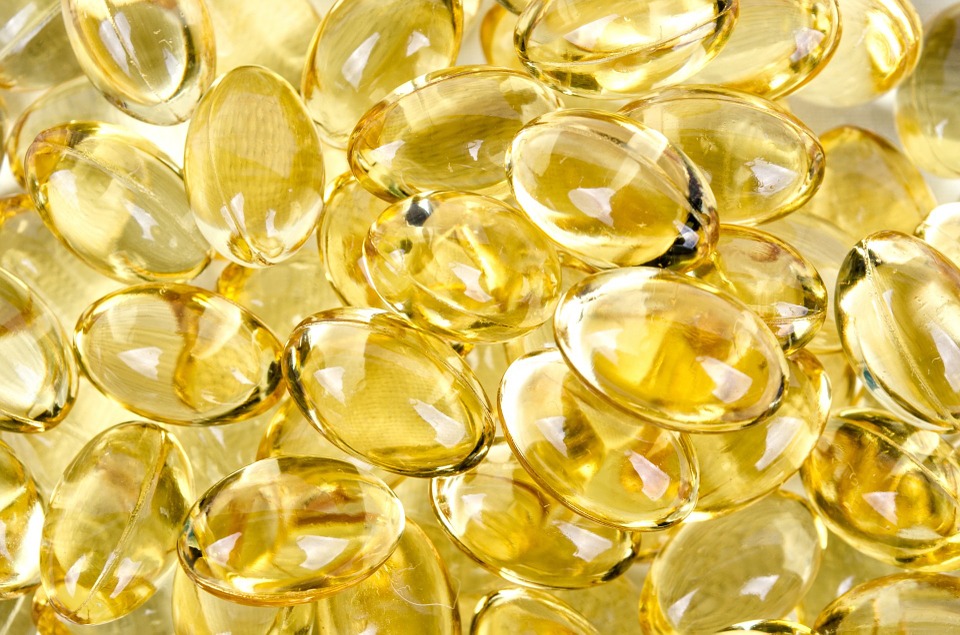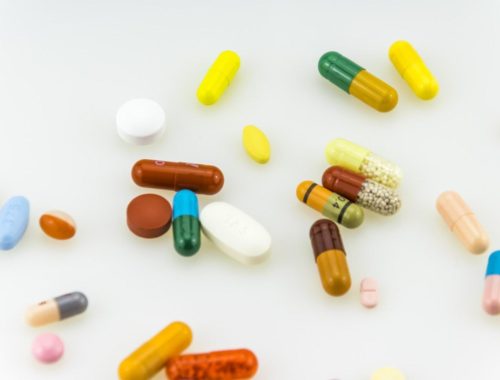Prevent
Getting Enough Sun? Vitamin D Affects Cancer Risk

Vitamin D plays several vitals role in the body, including cancer prevention.
New research links vitamin D deficiency to an increased risk of developing colorectal cancer. While this vitamin is naturally absorbed from sunlight, the following tips can help you safely maintain a healthy level.
Vitamin D & Colon Cancer Risk
The study published in the Journal of the National Cancer Institute is the largest analysis of vitamin D to date.
Looking at data from about 12,800 people, researchers compared their vitamin D levels against the National Academy of Medicine (NAM) recommendations. Currently, these levels only prescribe how much to take in order to keep bones healthy.
The study found the following results:
- Participants who did not meet the recommended level had a 31% higher risk of colorectal cancer.
- Amounts even higher than the NAM recommendations had the lowest colorectal cancer risk.
- However, the risk did not improve for the very highest levels of vitamin D studied. This could mean there is peak to the amount that helps prevent cancer.
This suggests that recommended vitamin D levels could be updated to help prevent colorectal cancer in addition to maintaining bone health.
Vitamin D Lowers Other Cancer Risk
A large study of Japanese adults published in BMJ demonstrated vitamin D’s importance in other cancer prevention.
Participants gave detailed information on their medical history, diet, lifestyle, as well as blood samples for vitamin D. Researchers then followed-up with them over the course of 16 years.
The researchers found that high levels of vitamin D led to 20% lower relative risk of cancer in both men and women. These benefits were particularly linked to lower liver cancer risk for men.
These results also factored in several known cancer risk factors, like age, weight, physical activity, smoking, alcohol intake, and diet.
It is currently unclear how vitamin D reduces cancer risk. The nutrient’s anti-inflammatory abilities and supportive role in the immune system may explain some of the benefits.
Getting More Vitamin D
Vitamin D is made by the skin in response to sunlight.
Sunlight
Moderate sun exposure can help increase your vitamin D levels, but too much can lead to skin cancer. According to studies, the best time to get some sun is around midday, especially during summer.
Exposing your hands, face, arms, and legs to sunlight two to three times a week for about 10 minutes (or ¼ the time it would take to develop a mild sunburn) will allow your skin to produce enough vitamin D. However, ideal exposure time also depends on your age, skin type, season, and the time of day.
See our article on sunscreen for tips on safe sun exposure.
Food
Few foods naturally contain vitamin D, though some options include:
- Fatty fish (like tuna, mackerel, and salmon)
- Foods fortified with vitamin D (like orange juice, soy milk, cereals, and some dairy products)
- Cheese
- Egg yolks
Supplements
You can also take vitamin D as an over-the-counter supplement. According to the Institute of Medicine, the following are the daily recommended doses:
- 600 IU for people ages 1-70
- 800 IU for those 71 and older.
Be wary that excessive amounts can also cause health problems, like hypercalcemia (high levels of calcium in the blood).
Consult your doctor first about testing your vitamin D levels and for recommendations about how to safely add more to your lifestyle, if needed.






